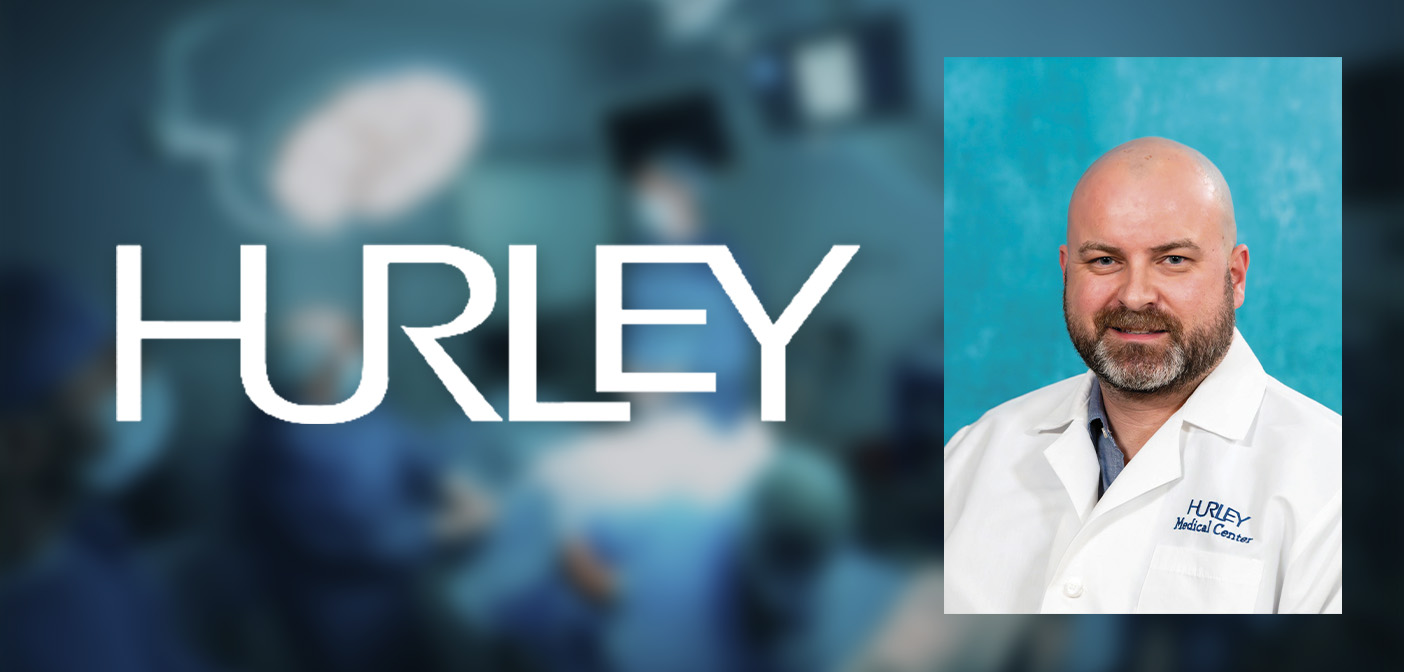A highly trained physician specializing in Surgical Critical Care and Trauma Surgery, Dr. Gavin Huber, DO is committed to providing expert, life-saving care when it matters most.
A graduate of A.T. Still University of Health Sciences Kirksville College of Osteopathic Medicine (Arizona), Dr. Huber completed his residency at McLaren Macomb, where he honed his skills in surgery and acute care.
To further deepen his expertise, Dr. Huber pursued fellowship training at both Hurley Medical Center and Henry Ford Hospital, institutions renowned for their rigorous programs and high-volume trauma services. With experience gained from these top-tier healthcare systems, Dr. Huber brings advanced clinical knowledge, precision and compassion to every patient he treats.
Dr. Huber shared his insights with us in a Q&A, offering a closer look at his medical background, specialties, and the challenges and rewards of trauma care.
What does it mean to be an acute care surgeon?
An acute care surgeon completes general surgery residency and additional training in critical care, sometimes including trauma surgery. This background enables them to care for patients both in the operating room and ICU, often making rapid decisions with limited information for critically injured trauma patients and surgical patients.
Are you originally from this area? If not, what brought you to Michigan? Or to Hurley?
I’m originally from Illinois but I moved to Michigan for medical school rotations, where I met my wife and decided to stay. I matched into a general surgery residency at McLaren Macomb in Mount Clemens and completed a trauma/acute care rotation at Hurley during my fourth year, which I thoroughly enjoyed. After finishing a surgical critical care fellowship at Henry Ford Detroit, I returned to Hurley for a trauma fellowship and was fortunate to join their trauma/acute care surgeon team upon completion.
The Hurley Comprehensive Surgical Group & Hernia Center team of doctors are also trauma surgeons. What are the advantages and/or disadvantages of that?
We are all trauma/acute care surgeons. Combining trauma/acute care with elective surgery is beneficial by letting us maintain surgical skills and handle complex cases. This approach also has enabled the integration of robotic surgery into acute care for conditions that once required converting laparoscopic procedures to open surgery.
How have you seen your work and your team affecting this region?
We can handle complex surgical cases locally, so patients can remain near their homes and families instead of being transferred to Ann Arbor or Detroit. Additionally, we provide trauma and burn education and resources for surrounding hospitals in the region.
What type of procedures do you do the most?
Robotic hernias (inguinal, ventral and umbilical) and cholecystectomies (gallbladder) are the most common elective surgeries. Burn debridement and skin grafting along with robotic/laparoscopic appendectomies and cholecystectomies are the most common acute care surgeries.
How did you know this is what you wanted to do?
I had an interest in general surgery, which developed during the third year of medical school, alongside a positive experience in critical care medicine. Trauma and acute care surgery offer me the opportunity to practice aspects of both specialties.
Board Certification
- General Surgery
- Surgical Critical Care
Medical School
- A.T. Still University of Health Sciences Kirksville College of Osteopathic Medicine
Residency
- McLaren Macomb
Fellowship
- Henry Ford Hospital
- Hurley Medical Center
Areas of Expertise/Special Interest
- Surgery (General)
- Surgical Critical Care/Trauma
































